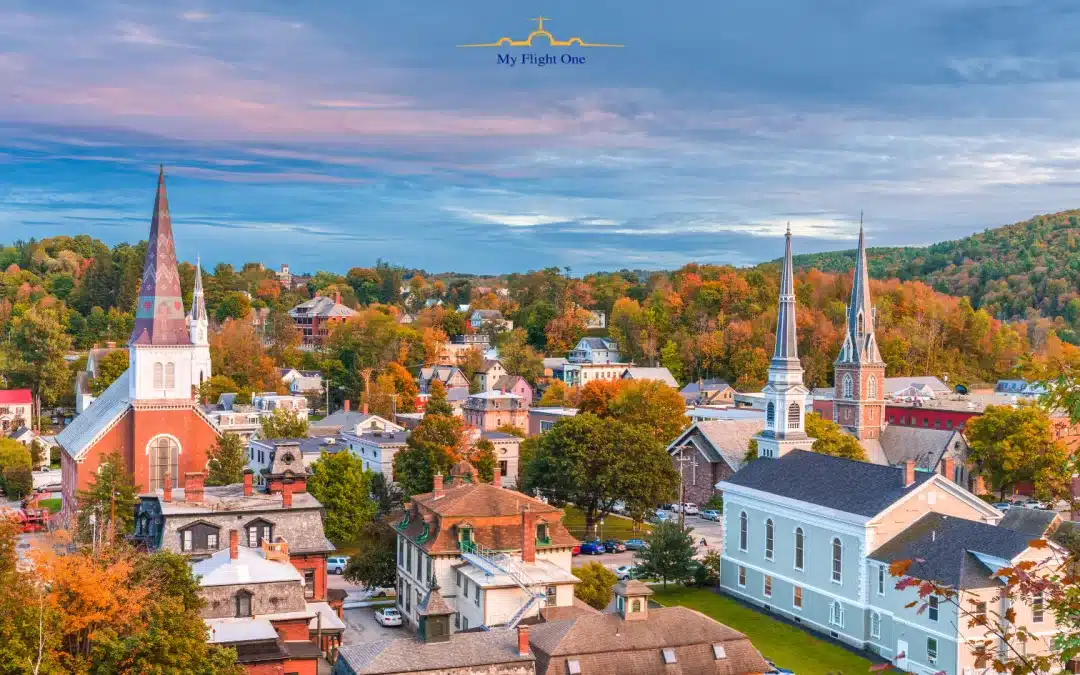Vermont Attractions Impacted by Surge in Canadian Tourist Cancellations
The picturesque landscapes and charming attractions of Vermont are currently facing an unexpected challenge: a significant downturn in Canadian tourist visits. This decline, largely attributed to a series of cancellations, has sent ripples through Vermont’s vibrant tourism industry. In this article, we explore the underlying causes of these cancellations, assess the economic fallout, and examine the measures local businesses are adopting to navigate this turbulent period.
Readers will gain a comprehensive understanding of how the reduction in Canadian tourists is affecting Vermont’s key attractions, the broader economic implications, and the strategic responses being implemented to sustain the state’s renowned tourism sector.
Understanding the Decline in Canadian Tourism
Statistical Overview of Cancellations
Recent data indicates a sharp decline in Canadian visitors to Vermont. According to Seven Days VT, several top attractions have reported cancellations ranging from 20% to 40% over the past quarter. This trend is unprecedented, considering the steady increase in Canadian tourism in previous years.
Key Attractions Affected
- Smugglers’ Notch: Known for its scenic hikes and winter sports, Smugglers’ Notch has seen a noticeable drop in visitor numbers.
- Stowe Mountain Resort: A favorite among Canadian skiers, the resort has reported fewer bookings and increased cancellations.
- Vermont Maple Farms: Seasonal activities and tours have been particularly hard hit, impacting both revenue and operations.
Factors Contributing to Tourist Cancellations
Travel Restrictions and Policies
One of the primary reasons for the surge in cancellations is the evolving landscape of international travel regulations. Stricter visa requirements and changing airline policies have made it more cumbersome for Canadian tourists to plan trips to Vermont.
Economic Considerations
The fluctuating Canadian dollar has also played a role. A weaker currency reduces purchasing power, making international travel less appealing. Additionally, economic uncertainties have led to reduced discretionary spending on leisure activities among Canadians.
Health and Safety Concerns
Ongoing concerns related to global health issues have made travelers more cautious. Health and safety remain top priorities, and any perceived risks can deter tourists from committing to trips.
Economic Impact on Vermont’s Tourism Industry
Revenue Losses for Local Businesses
The decline in tourist numbers directly affects revenue streams for numerous businesses. Hotels, restaurants, and recreational facilities are experiencing decreased income, leading to potential downsizing and layoffs.
Employment Implications
Tourism is a significant source of employment in Vermont. The current downturn threatens jobs, particularly in regions heavily reliant on seasonal tourist influxes. This not only affects individuals but also the broader community dynamics.
Strategic Responses from Vermont’s Tourism Sector
Diversifying Tourist Demographics
In response to the decline, many businesses are shifting their focus to attract a broader range of tourists. By targeting domestic travelers and exploring new international markets, Vermont aims to mitigate the reliance on Canadian visitors.
Enhanced Marketing Efforts
Investment in digital marketing campaigns is on the rise. Emphasizing Vermont’s unique offerings and promoting special deals or packages can entice potential visitors despite the current challenges.
Improving Infrastructure and Services
Upgrading facilities and enhancing visitor services can improve the overall tourist experience, encouraging repeat visits and positive word-of-mouth referrals. Investments in infrastructure are seen as long-term strategies to bolster the tourism sector.
Future Outlook and Long-Term Strategies
Forecasting Tourist Trends
Experts predict a gradual recovery in Canadian tourism as travel restrictions ease and economic conditions stabilize. However, the timeline remains uncertain, and proactive measures are essential for sustained resilience.
Building Resilience in the Tourism Sector
Developing flexible business models and fostering collaborative networks among tourism stakeholders are critical. Emphasizing sustainability and adaptability can help Vermont’s tourism industry withstand future disruptions.
Conclusion
The significant decline in Canadian tourist cancellations poses a formidable challenge to Vermont’s cherished attractions and the broader tourism economy. Understanding the multifaceted reasons behind this trend is crucial for developing effective strategies to counteract its impact. By diversifying tourist demographics, enhancing marketing efforts, and investing in infrastructure, Vermont’s tourism sector can navigate these turbulent times and emerge stronger. The resilience and adaptability of local businesses will be pivotal in ensuring the sustained allure of Vermont as a premier travel destination.
Key Statistics presented by My Flight One
- Recent data indicates a sharp decline in Canadian visitors to Vermont, with several top attractions reporting cancellations ranging from 20% to 40% over the past quarter[Query Content].
- Vermont imports $2.6 billion in goods from Canada annually, making Canada the state's largest foreign trade partner, and visitors from Quebec are significant for Vermont's tourism industry, particularly in the northern part of the stateWGBH.
- Canadians are the largest group of foreign visitors to the U.S., accounting for $20.5 billion in spending last year alone. A 10% reduction in Canadian tourism could result in a $2.1 billion drop in spending and the loss of 14,000 American jobsNPR.
Questions & Answers
Q: What are some key attractions in Vermont impacted by the surge in Canadian tourist cancellations?
A: Some key attractions in Vermont impacted by the surge in Canadian tourist cancellations include Smugglers' Notch, Stowe Mountain Resort, and Vermont Maple Farms.
Q: What are some factors contributing to the tourist cancellations from Canada?
A: Factors contributing to the tourist cancellations from Canada include travel restrictions and policies, economic considerations such as the fluctuating Canadian dollar, and health and safety concerns related to global issues.
Q: How is the decline in Canadian tourists affecting Vermont's tourism industry economically?
A: The decline in Canadian tourists is affecting Vermont's tourism industry economically by causing revenue losses for local businesses, potential downsizing and layoffs, and threatening employment in regions heavily reliant on seasonal tourist influxes.
A: Some strategic responses being implemented by Vermont's tourism sector include diversifying tourist demographics, enhancing marketing efforts, and improving infrastructure and services to attract a broader range of tourists.
Q: What are some long-term strategies recommended for Vermont's tourism sector to build resilience?
A: Some long-term strategies recommended for Vermont's tourism sector to build resilience include developing flexible business models, fostering collaborative networks among tourism stakeholders, and emphasizing sustainability and adaptability to withstand future disruptions.

